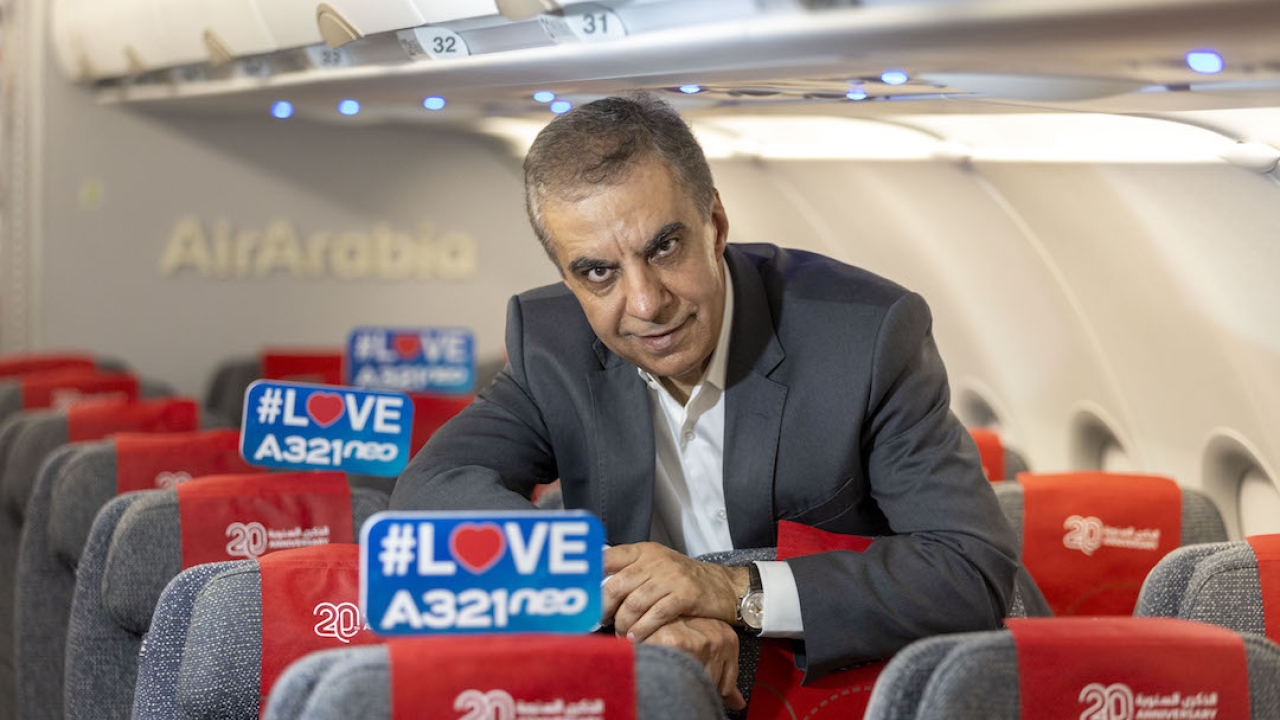Emirates takes delivery of its 50th A380

After the entry of its 50th A380 aircraft into service by early August, Emirates will offer on a weekly basis a total of 5.7 billion available seat kilometres (ASKMs) to 145 destinations which span the globe from Los Angeles to Auckland. Since April 2010, Emirates has received 96 aircraft (all A380s and Boeing 777s), increasing its overall capacity by 64% in ATKMs and 71% in ASKMs, while consistently maintaining seat load factors of close to 80%. During this period, Emirates also added 48 cities to its global destination network.
Sir Tim Clark, president of Emirates Airline said: “Emirates has seen tremendous organic growth in the past 4 years, probably the fastest of any airline in history. We’ve literally added capacity equivalent to what some mid-sized airlines operate, but more significantly, we have maintained high seat loads and profitability. This speaks to the strength of our world-class product, and also our business model which is based on an efficient global hub that connects Dubai to the world, and almost any two cities in the world via Dubai.”
He added: “The A380 has been very successful for us, and this is reflected in the strong customer interest and high seat factors wherever we’ve deployed the aircraft. The A380 has helped us serve customer demand on trunk routes, operate more efficiently at slot-constrained airports, and also introduce new concepts on-board that have redefined the flying experience. Moving forward, we will see quite a ramp up in the delivery programme and by late 2017 we will have around 90 A380s in our fleet to support existing and new A380 routes.”
John Leahy, Airbus chief operating officer, customers said: “The A380 is pleasing its operators by increasing passenger traffic, strengthening load factors and improving their market share. The delivery of the 50th A380 to Emirates shows the profit enhancing capabilities of this aircraft and the extraordinary vision of Emirates and Sir Tim.”
Analyst Saj Ahmad commented: "mirates continued faith in the A380 demonstrates just how energetic and robust its long term growth is to keep on inducting such a huge airplane that has struggled to win over airlines around the globe. The A380 has reached a critical point where not only is the program secure with a strong customer in Emirates, but that the competitive threat from bigger twin engined jets like the 777-9X will make the A380 economically obsolete by the start of the next decade and is why Emirates signed a record breaking deal for 150 777Xs.
"The A380 is Emirates signature showpiece and with a new set of cabin products soon to be showcased on the world's biggest airplane, Emirates flies the leviathan jet on 30 international destinations to key hubs like London Heathrow, New York, Shanghai, Munich and Los Angeles but to name a few - Emirates expansive international network where high yield passengers and large volumes of leisure travellers are key to the success of the A380 at the Arabian airline as it looks to increase the A380 availability to new destinations.
"If Emirates makes a move to the bigger airport at Al-Maktoum International Airport at Dubai World Central, it is conceivable that the airline could retain a fleet of at least 100 or more A380s, even after accounting for the early A380s in the fleet that will be retired or come off lease.
Ahmad added: "In the same way that Emirates business model is unique, the A380 deployment is something competitors should be looking at closely. While the A380 will not work for every airline because of its sheer size and difficulty to fill on a year-round basis, there are lessons to be learned from the way that Emirates has made both the big A380 and 777-300ER fleets work for them. It is little wonder then that the world's fastest growing airline has become an industry bellwether for new airplane development like the 777X."
Stay up to date
Subscribe to the free Times Aerospace newsletter and receive the latest content every week. We'll never share your email address.

